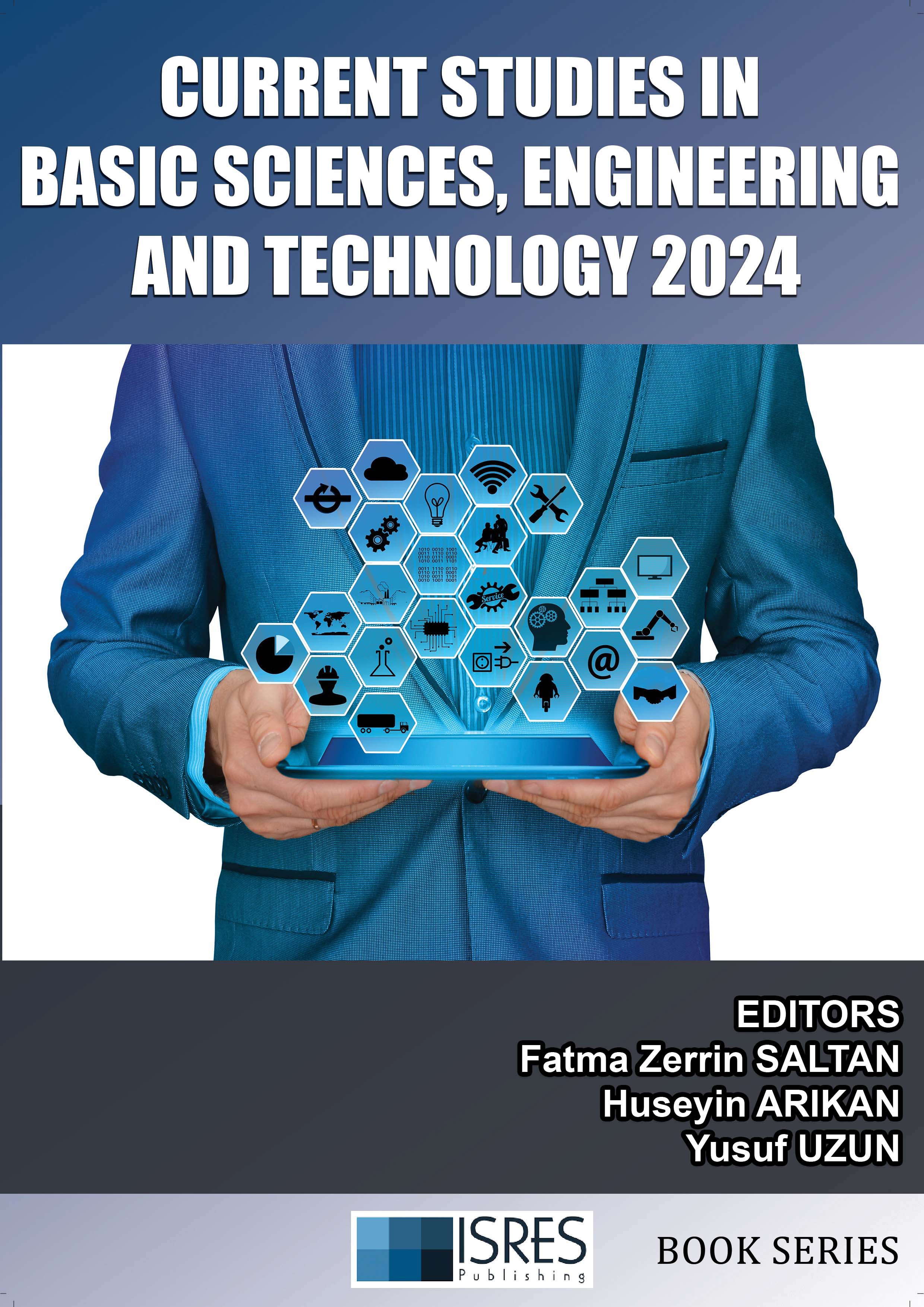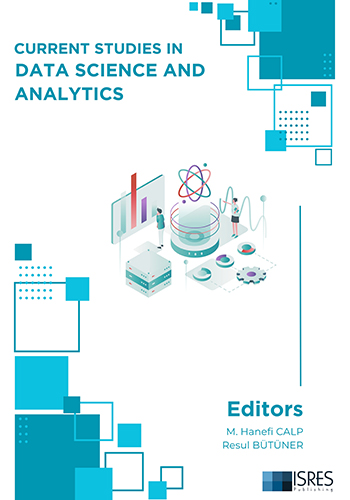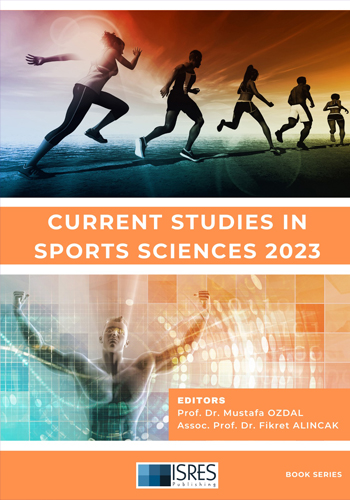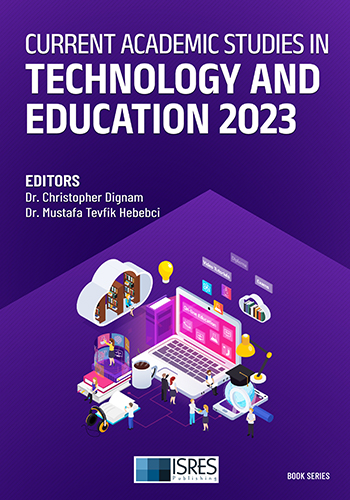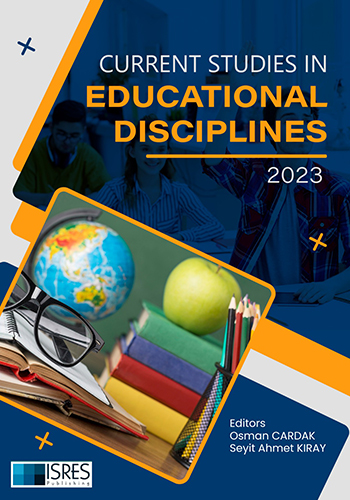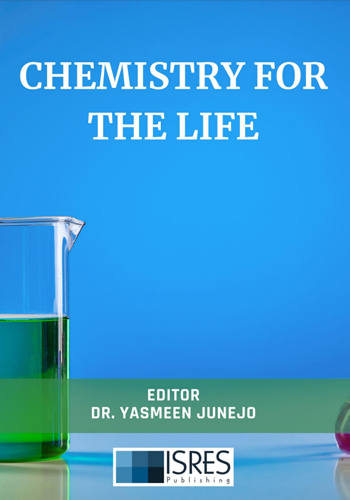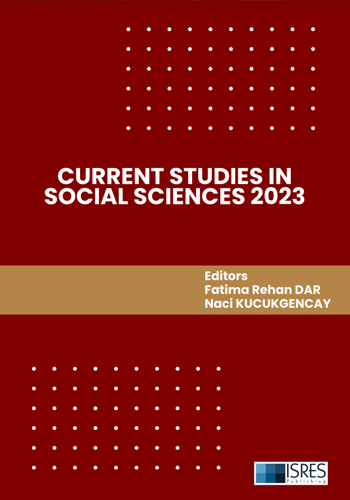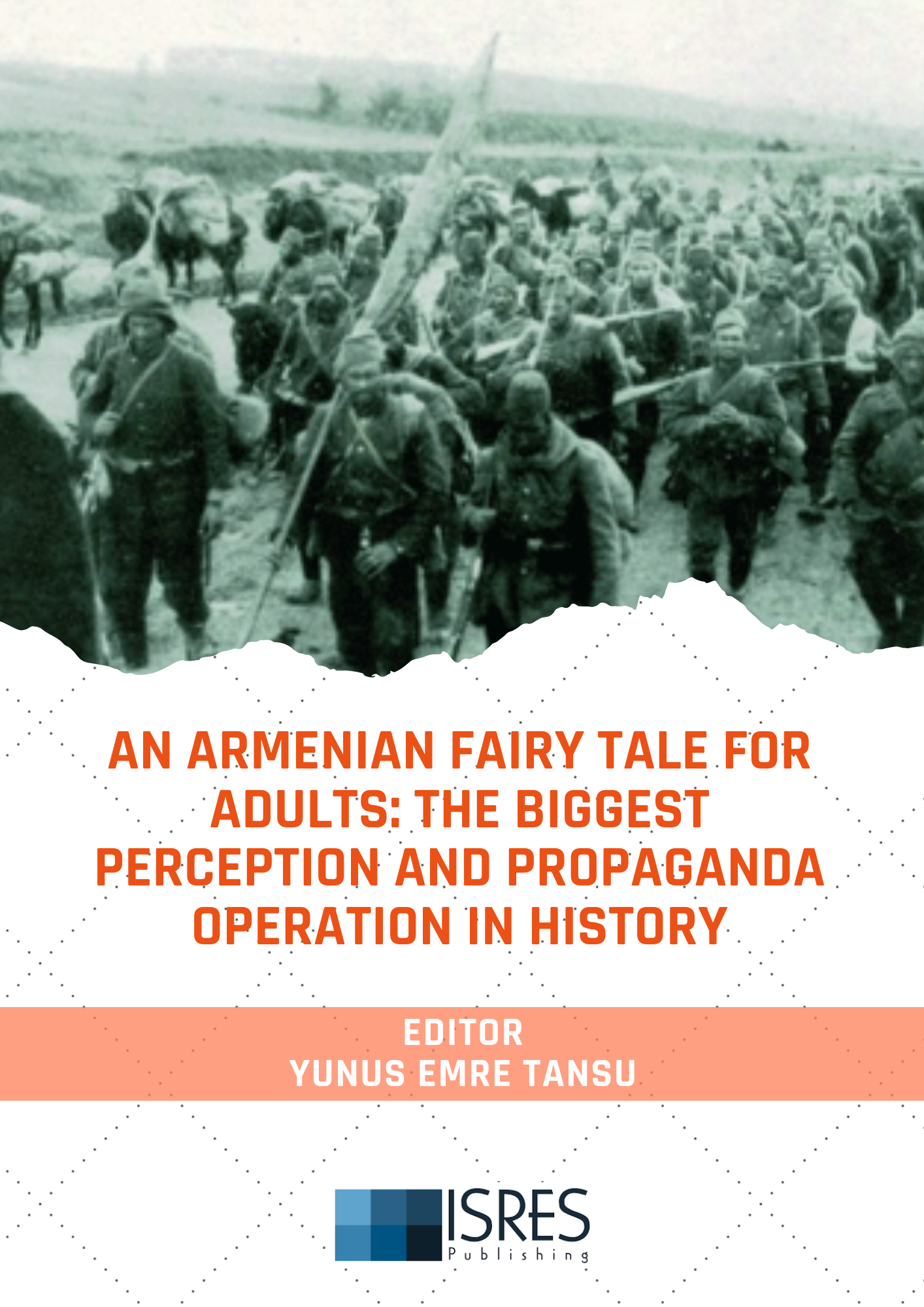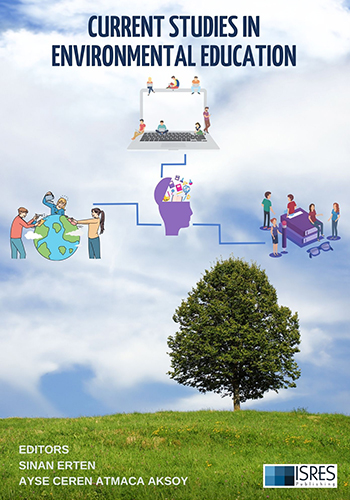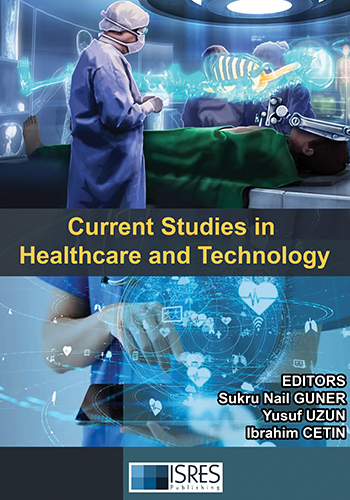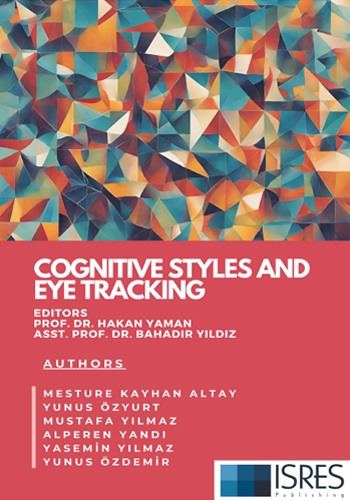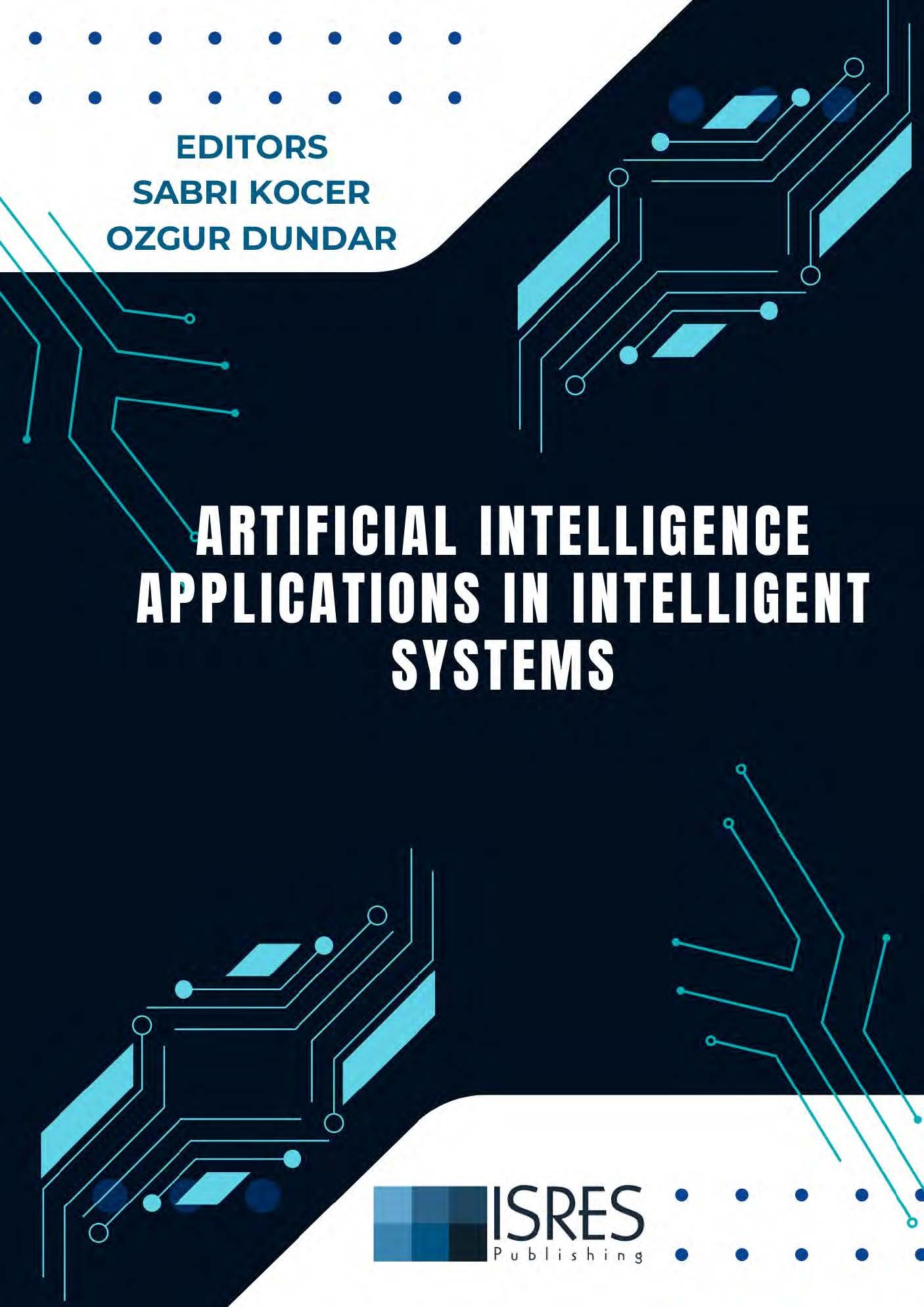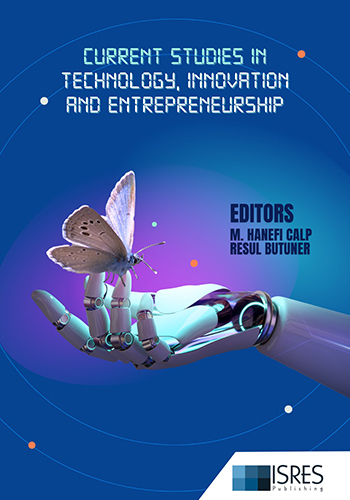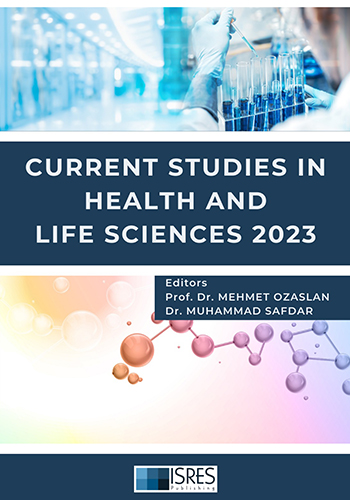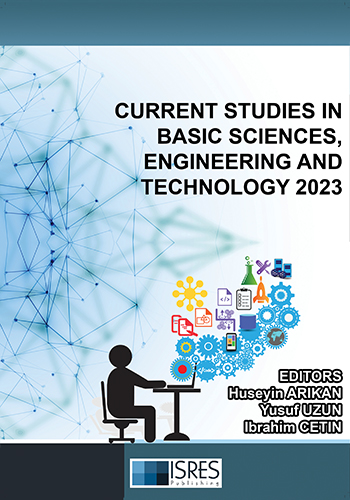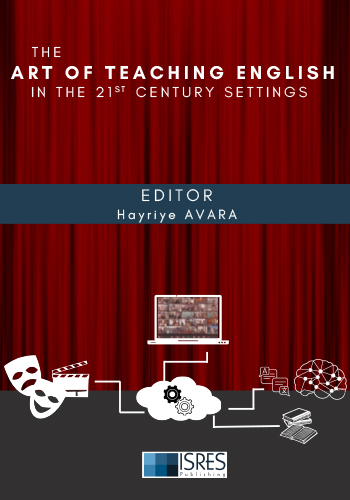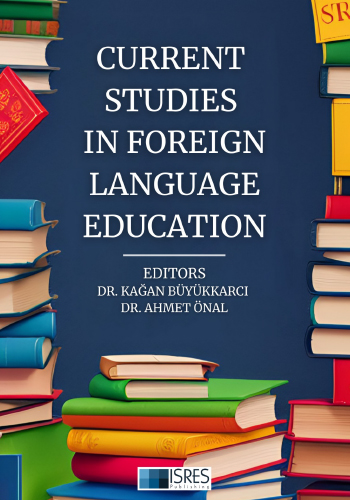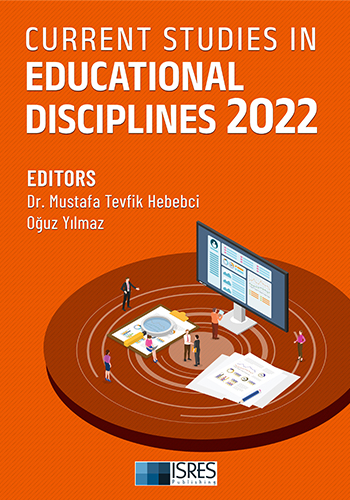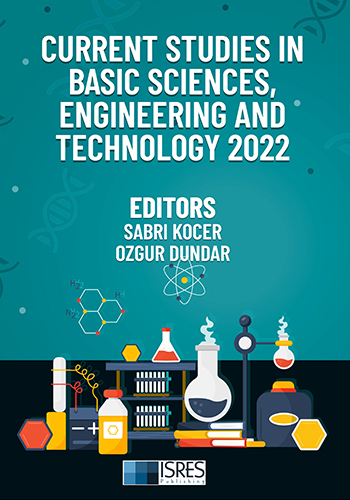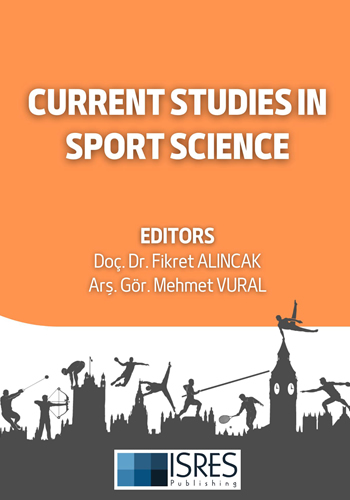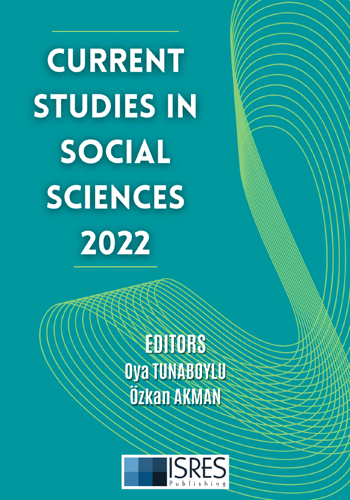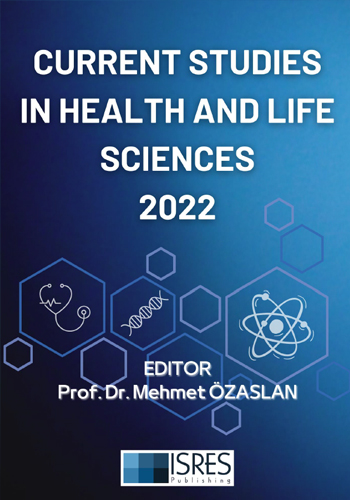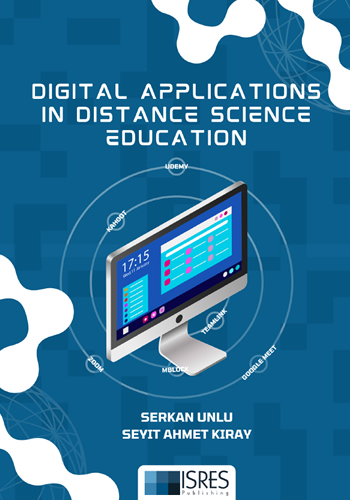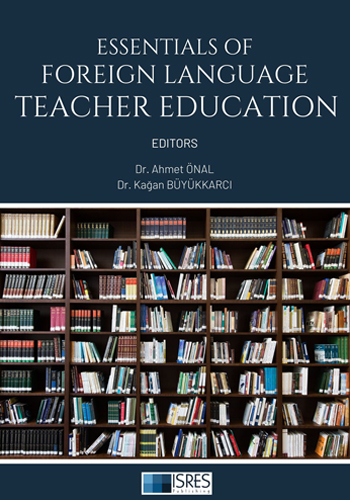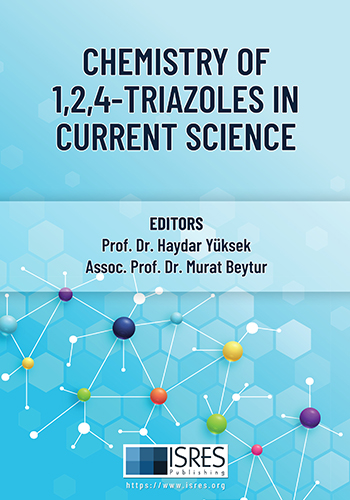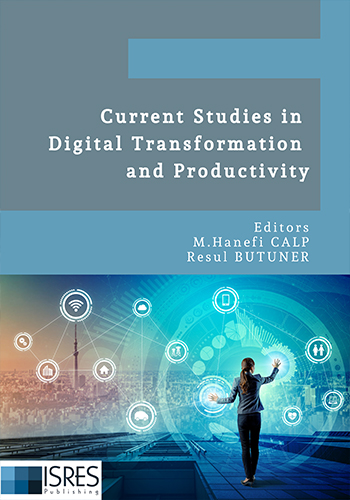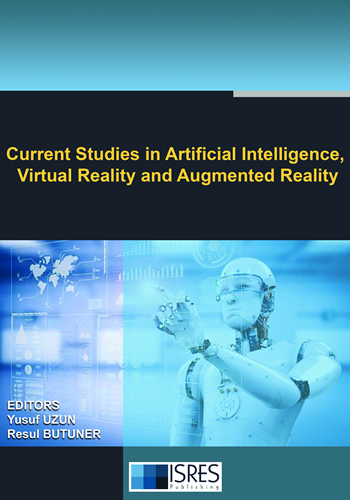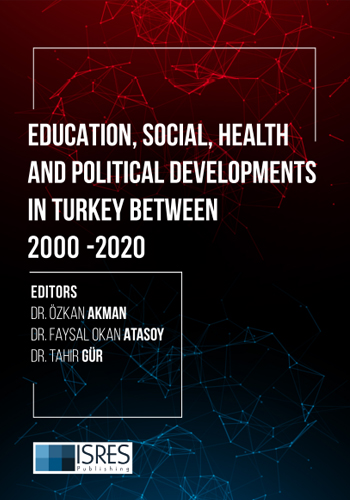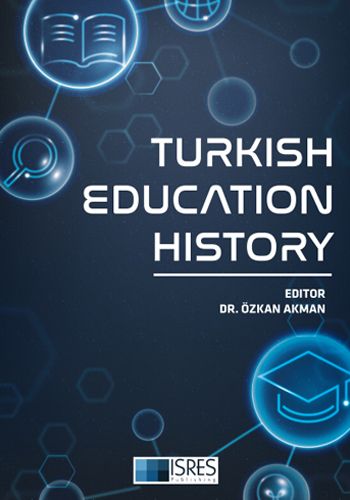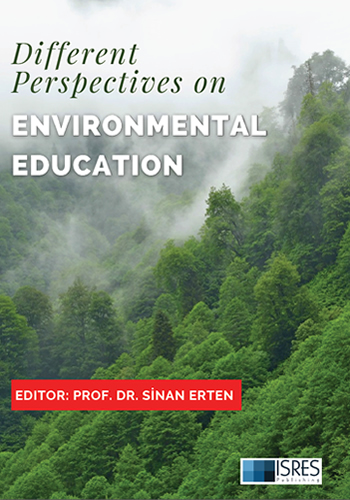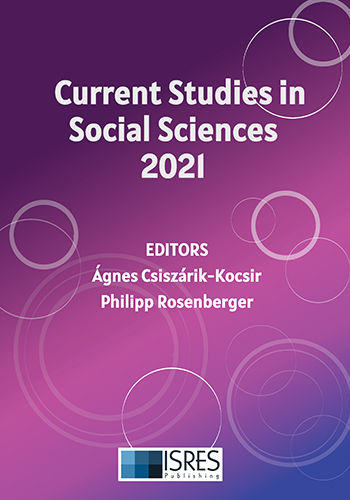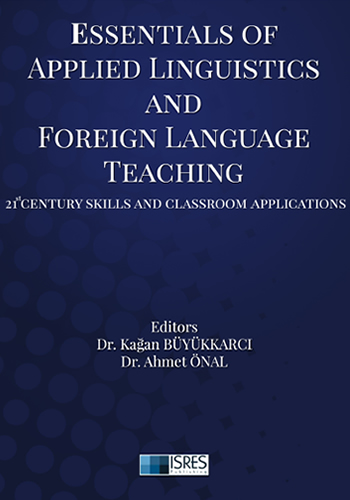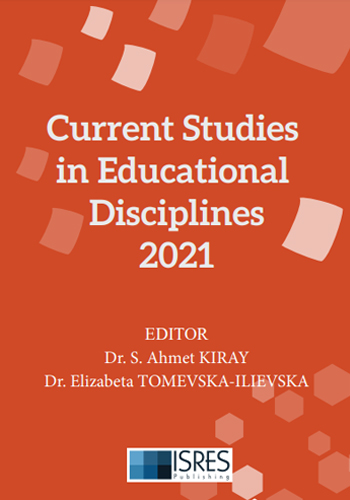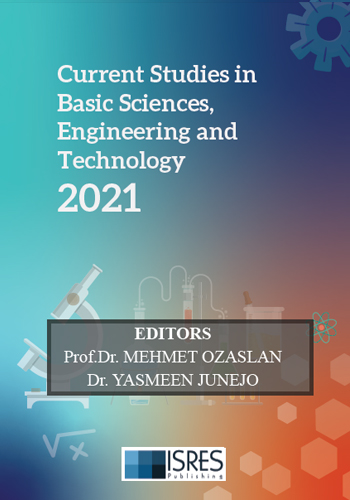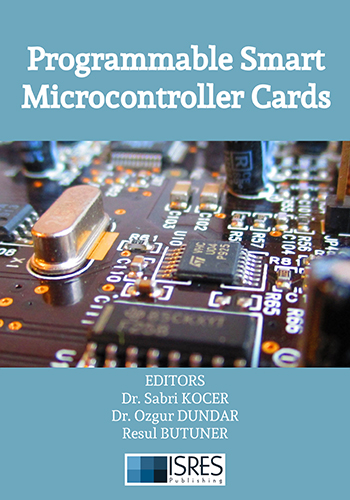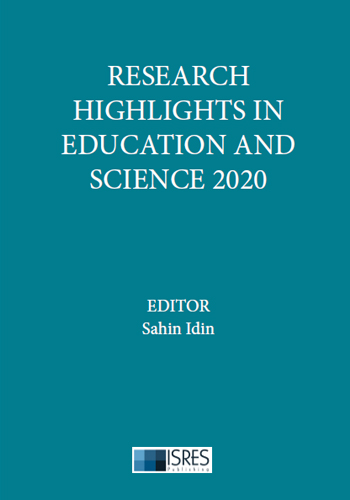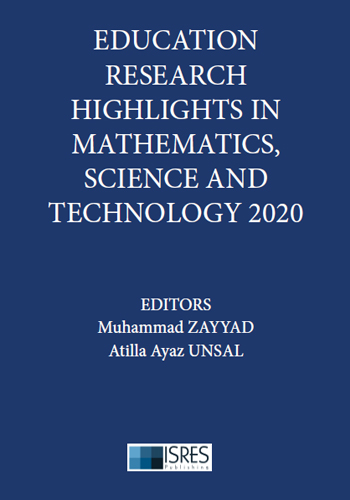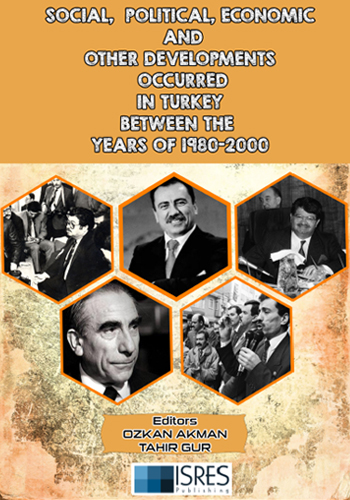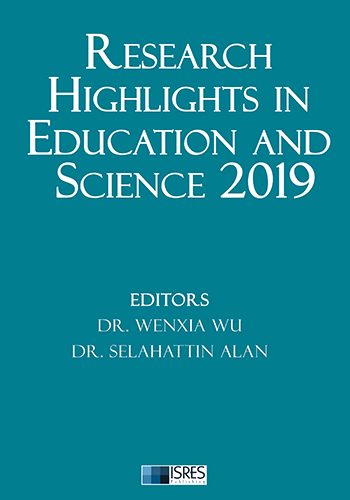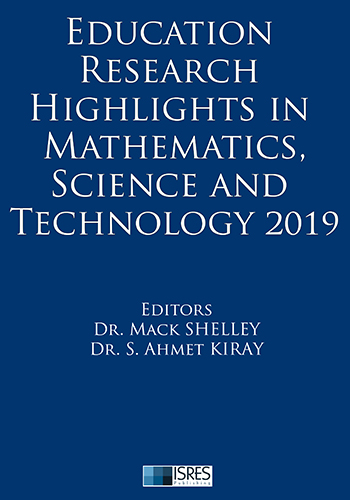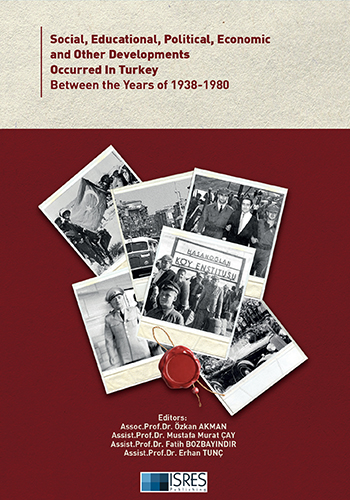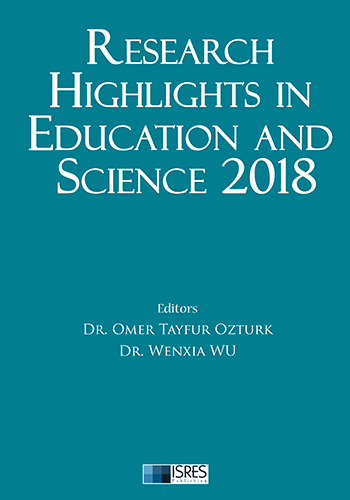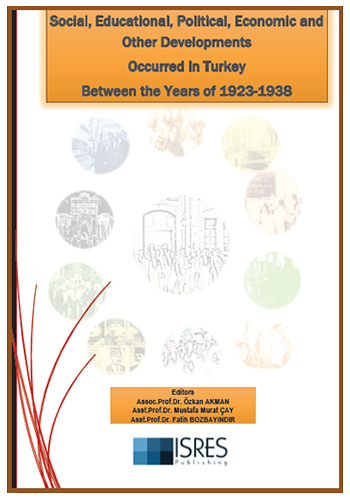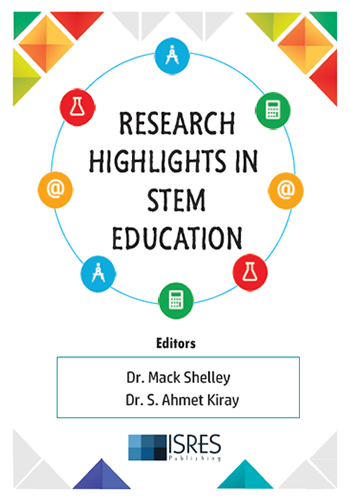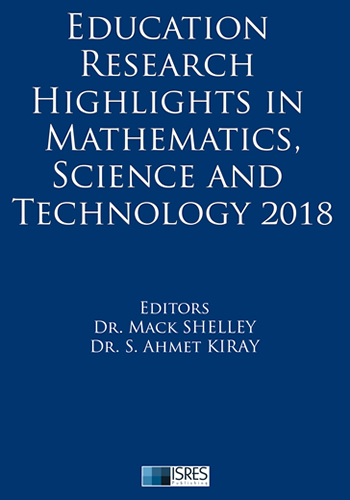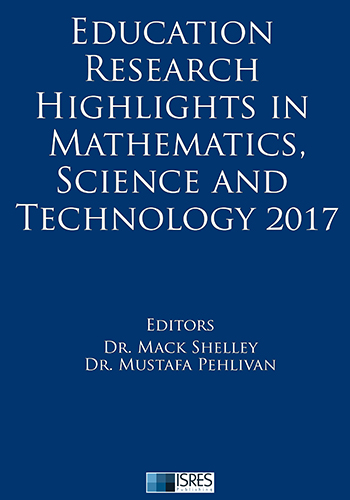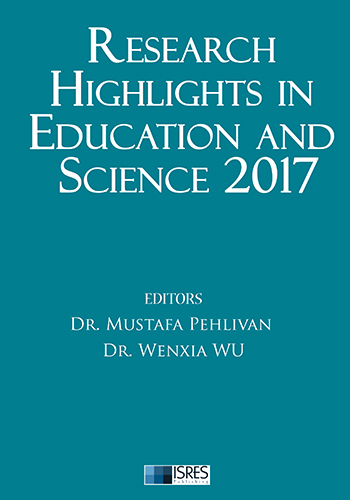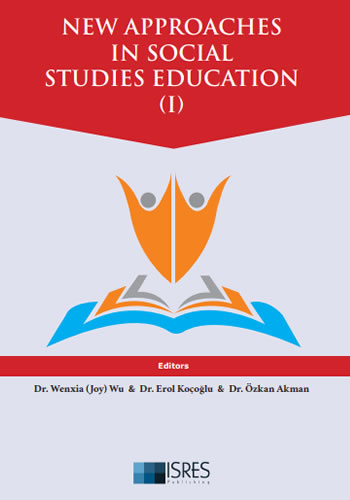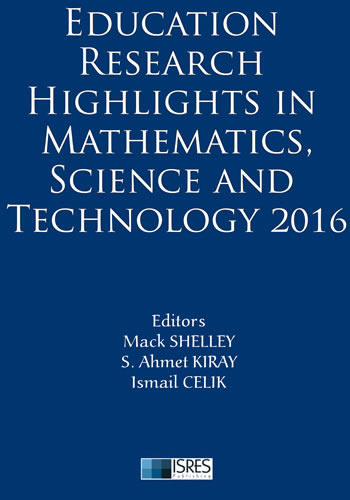Abstract: Game may help those who play to acquire spiritual and cognitive skills. Acquiring these spiritual and cognitive skills stems from educational power of game because game educates while it is being played. It has a certain purpose. Persons try various ways for achieving this purpose. Each way experienced teaches persons’ new things. Thus, the game may help to acquire spiritual and cognitive skills. Variety of game has increased by technological advancement. The first thing that comes to mind is digital games anymore. Such an increase in digital games seems to decrease concern of students for lessons. Associating lesson with game is aimed in this study in order to turn this situation into advantage. Thus, it has been considered that motivation and education of students would be easier. A model application has been created for this. Mathematics has been selected for this application which is the most difficult lesson for students. A game has been designed by the software named Scratch which was developed by Massachusetts Technology Institute (MIT). The game designed includes four operations. The game starts with addition, subtraction, multiplication or division that is chosen by student. Fishes with different colors drop according to the operation selected. Penguin eats these fishes dropped. Student is required to give correct answer to the operation asked in order that penguin eats the fish. Therefore he/she may increase the total point as score. Thanks to this application it has been seen that concern of students for lessons was increased and education became easier. Furthermore, total points may feedback teacher regarding to what extent the students comprehend the operation selected. These examples may be raised and brought in compliance with all lessons.
Learning Mathematics with Educational Digital Game Programming
Research Highlights in Education and Science 2016
Editors: Wenxia Wu, Selahattin Alan, Mustafa Tevfik Hebebci
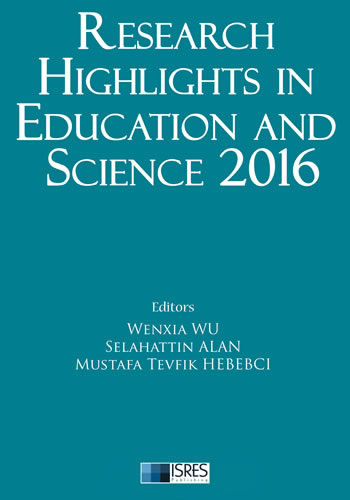
4743
Learning Mathematics with Educational Digital Game Programming
Chapter Authors: Şakir Taşdemir, İnayet Hakkı Çizmeci, Davut Alan
Pages: 149-155
Other Chapters
Flipped Classroom Model in Education
Fatih Serdar Yıldırım, Seyit Ahmet Kıray
More Info Pages: 2-8
Instructional Skills Workshops: A Model for Training Professors How to Teach
Peter Fenrich, Ron Johnson
More Info Pages: 9-20
The Effects of Mentoring on Chemistry Teachers’ Professional Development
Ayşegül Sağlam Arslan, Suat Ünal, Faik Özgür Karataş, Ayşegül Arslan
More Info Pages: 21-27
The Importance of Using Archive in Social Studies Education
Özkan Akman
More Info Pages: 28-33
Geography Students' Perception on Implementation of Multiple Intelligences in a Clil Course
Ljiljana Marković, Zorica Prnjat, Slađana D. Anđelković
More Info Pages: 34-39
Creating Real Learning Experiences Rather than Teaching Based on the Traditional Transfer of Mathematical Information, at College Level
Elizabeth Mena Avılés, Ana Gema Guevara Aguilar, Roberto Rosas Rangel, Ernesto Save Moreno
More Info Pages: 40-47
The Impact of the Edulab Model on the Learning Process: Students and Teachers’ Perceptions
Ana Oliveira, Lúcia Pombo
More Info Pages: 49-61
New Recommender System Using Naive Bayes for E-Learning
Mehmet Özcan, Furkan Göz, Tansu Temel
More Info Pages: 62-68
Business Education in Palestine Information Technology and Business Education
Sharif Musbah Abu Karsh
More Info Pages: 69-79
Investigation of Views of Middle School Students, Preservice Science Teachers and Science Teachers Towards Robotic Applications
Sibel Açışlı
More Info Pages: 81-88
Leadership Styles Adopted By Headteachers and the Influence on Staff Performance in Primary Schools of Chimoio Cluster in Mozambique
Charnaldo Jaime Ndaipa
More Info Pages: 89-97
Plate Tectonics “Integrative Concept” In the Moroccan Curriculum of Secondary Schools
Radouan Chakour, Sabah Selmaoui, Anouar Alami, Moncef Zaki
More Info Pages: 98-102
Challenges of 4th-Year Middle-School Students in the Process of Mathematical Modeling: Summer Job Problem
Neslihan Şahin, Ali Eraslan
More Info Pages: 103-111
Impact of Global Capitalism on National Education “The Case of Turkey”
Mustafa Hilmi Çolakoğlu
More Info Pages: 113-123
Environmental Education in Turkey
Yüksel Ardalı, Gamze Turan, Nükhet Konuk
More Info Pages: 124-131
The Notion of Decomposition: A Didactic Research in Lyceum Biological Courses
Maria Kalathaki
More Info Pages: 132-138
Understanding of Population Genetics and Evolution Among University Students
Boujemaa Agorram, Moncef Zaki, Sabah Selmaoui, Abdelaziz Razouki, Salah-Eddine Khzami
More Info Pages: 139-148
Learning Mathematics with Educational Digital Game Programming
Şakir Taşdemir, İnayet Hakkı Çizmeci, Davut Alan
More Info Pages: 149-155
Addressing Racism from Classroom Teaching
Shirin Housee
More Info Pages: 156-167
Budapest/Hungary Conferences - August 28-31, 2025
We are pleased to invite you to ISRES conferences, which will be held at Obuda University/Budapest/Hungary on August, 28-31, 2025. The following conferences will be held in Budapest/Hungary:...
15.01.2025
Trabzon/Türkiye Conferences - May 01-04, 2025
ISRES Spring Conferences - Trabzon/Turkiye SOCIAL SCIENCES – May 1-4, 2025, Trabzon, Türkiye * 5th International Conference on Social Science Studies - IConSoS2025 ...
11.12.2024
Peja/Kosovo Conferences - July 10-13, 2025
We are pleased to invite you to our conferences, which will be held at University of Peja Haxhi Zeka on July, 10-13, 2025. The following conferences will be held in Peja/Kosovo: - 7th Internat...
28.11.2024





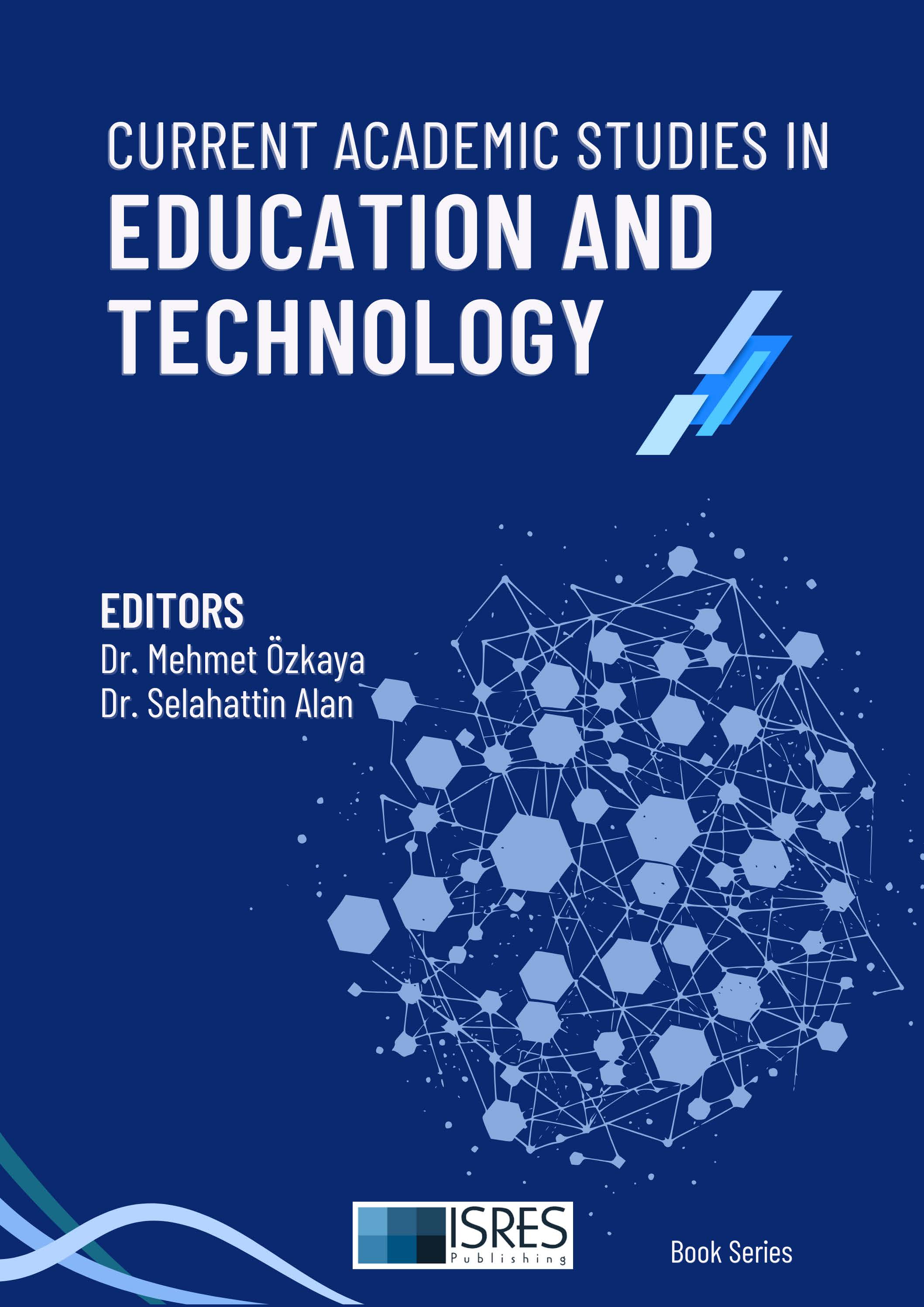


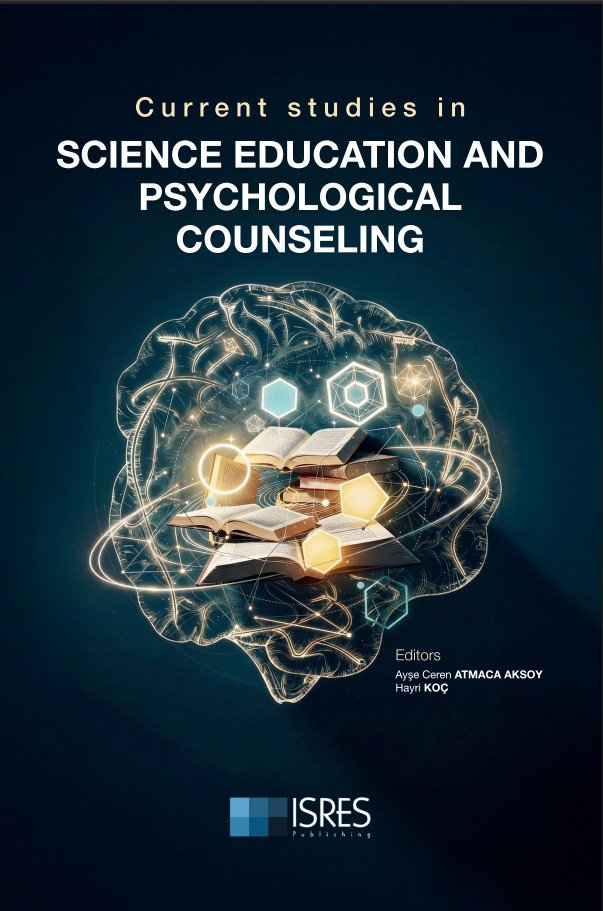
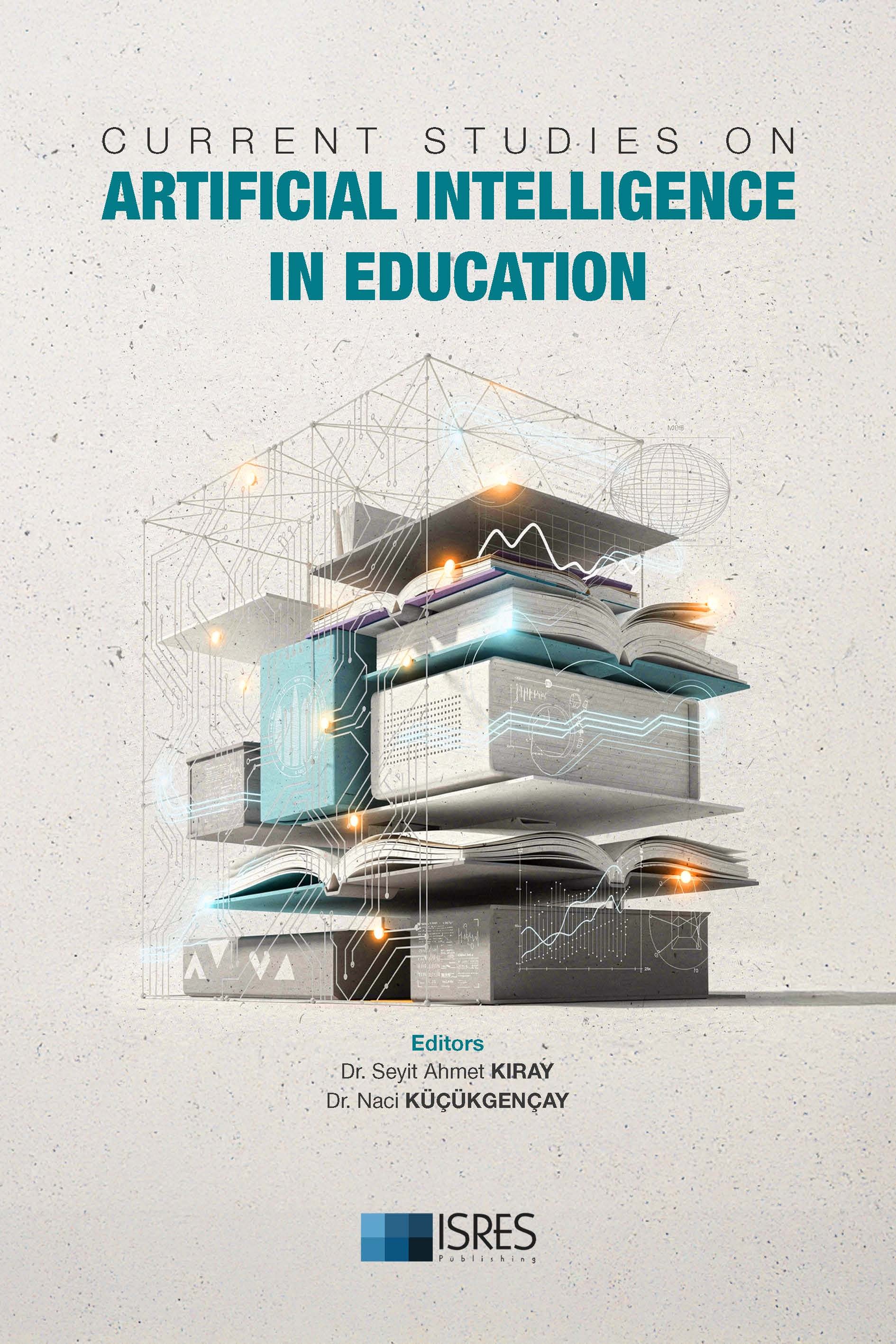
_Sayfa_001_23-12-2025.jpg)
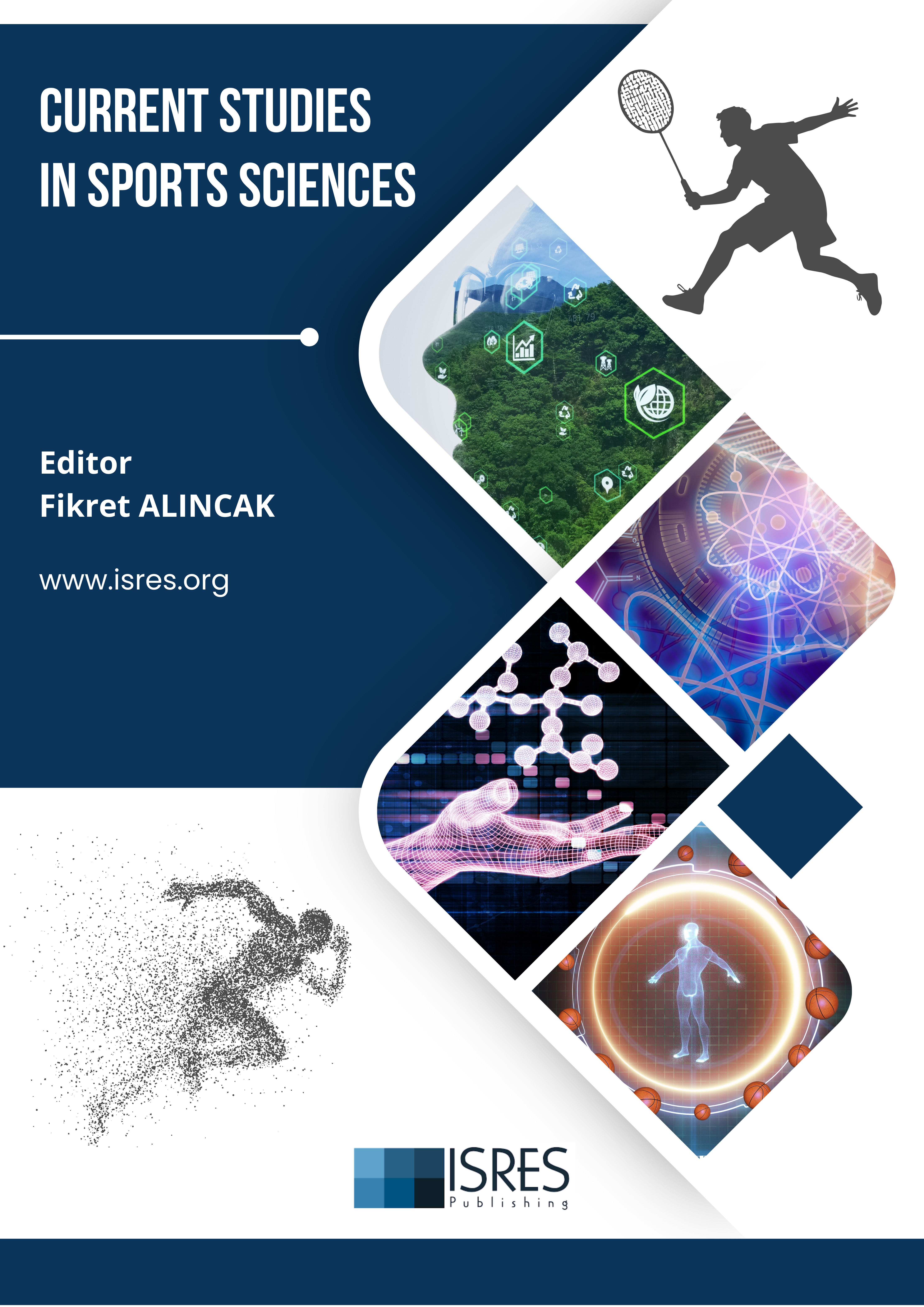


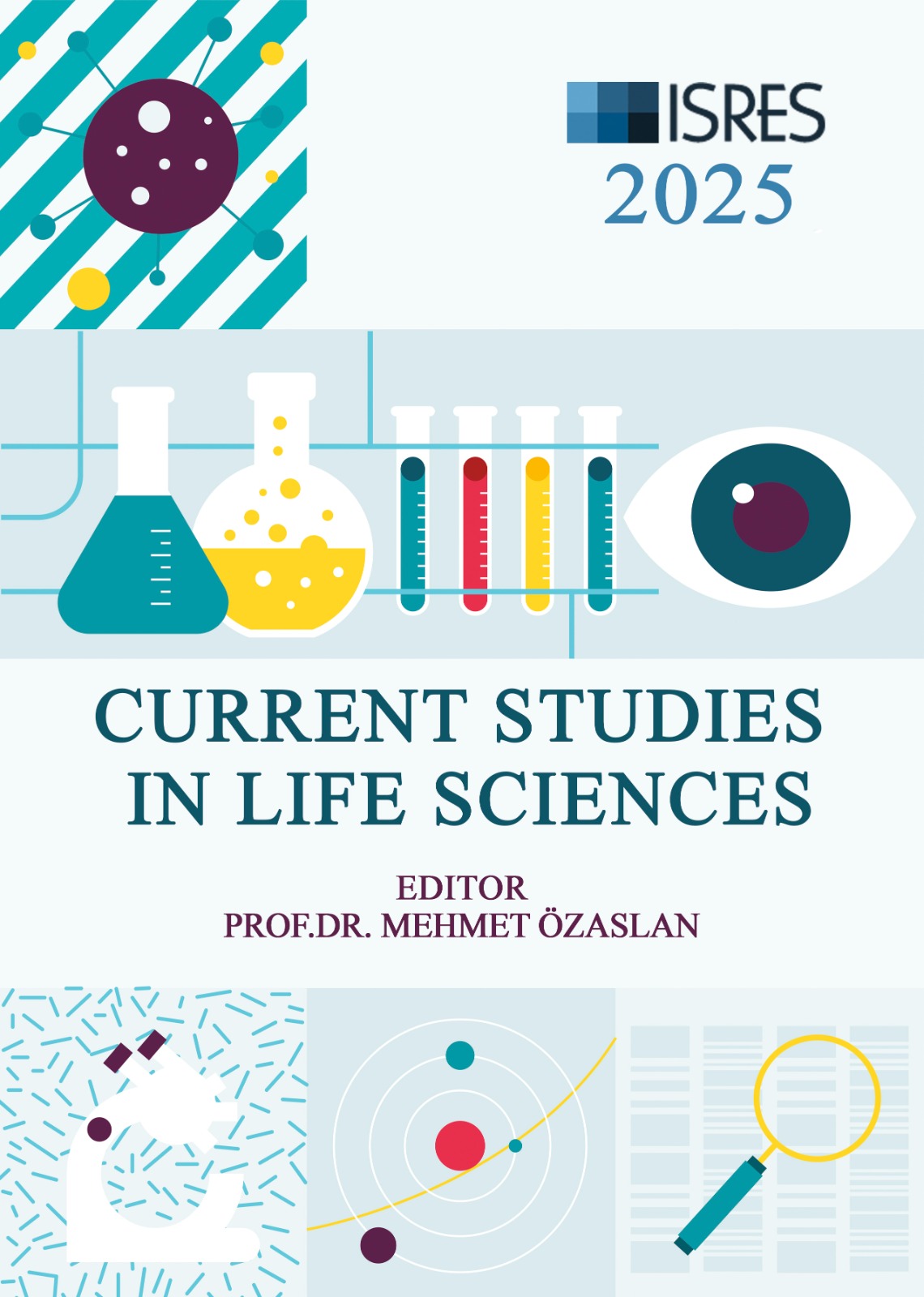
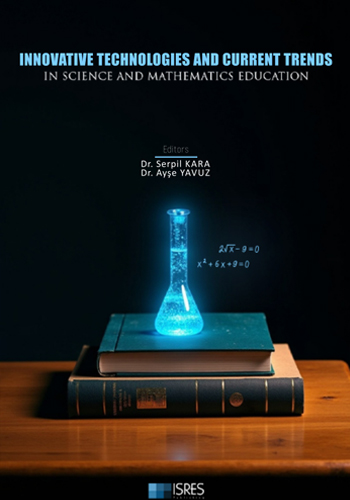
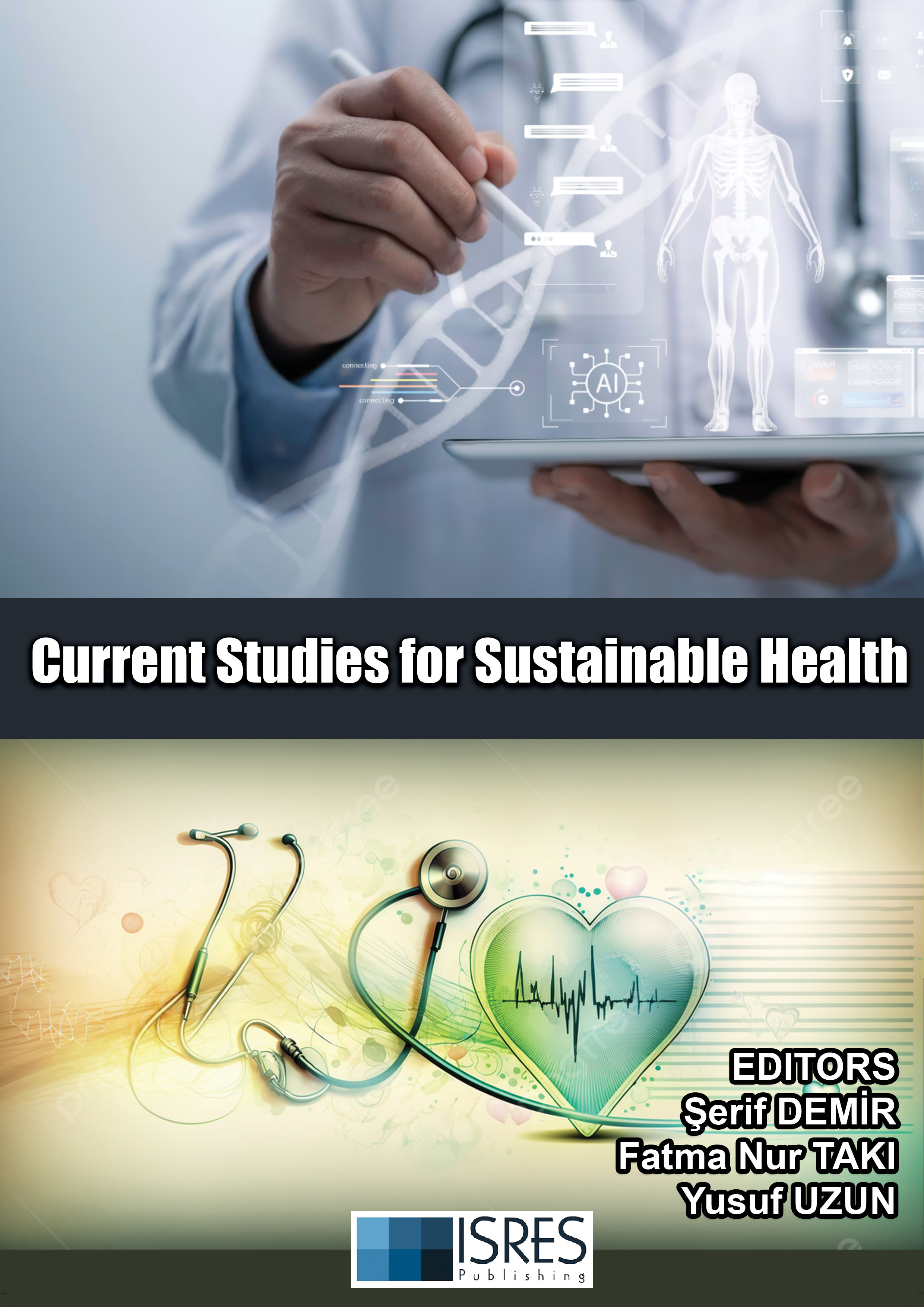

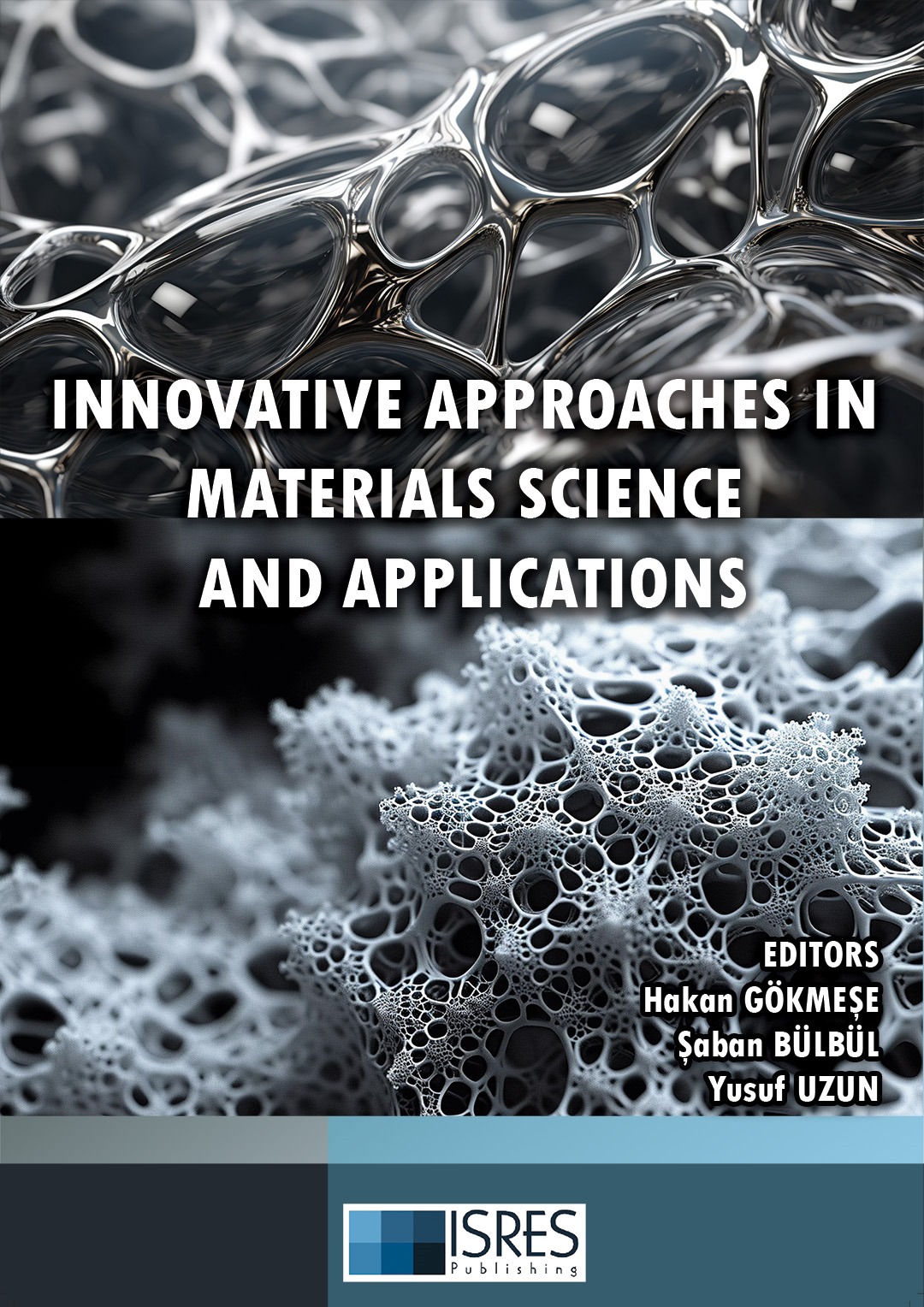
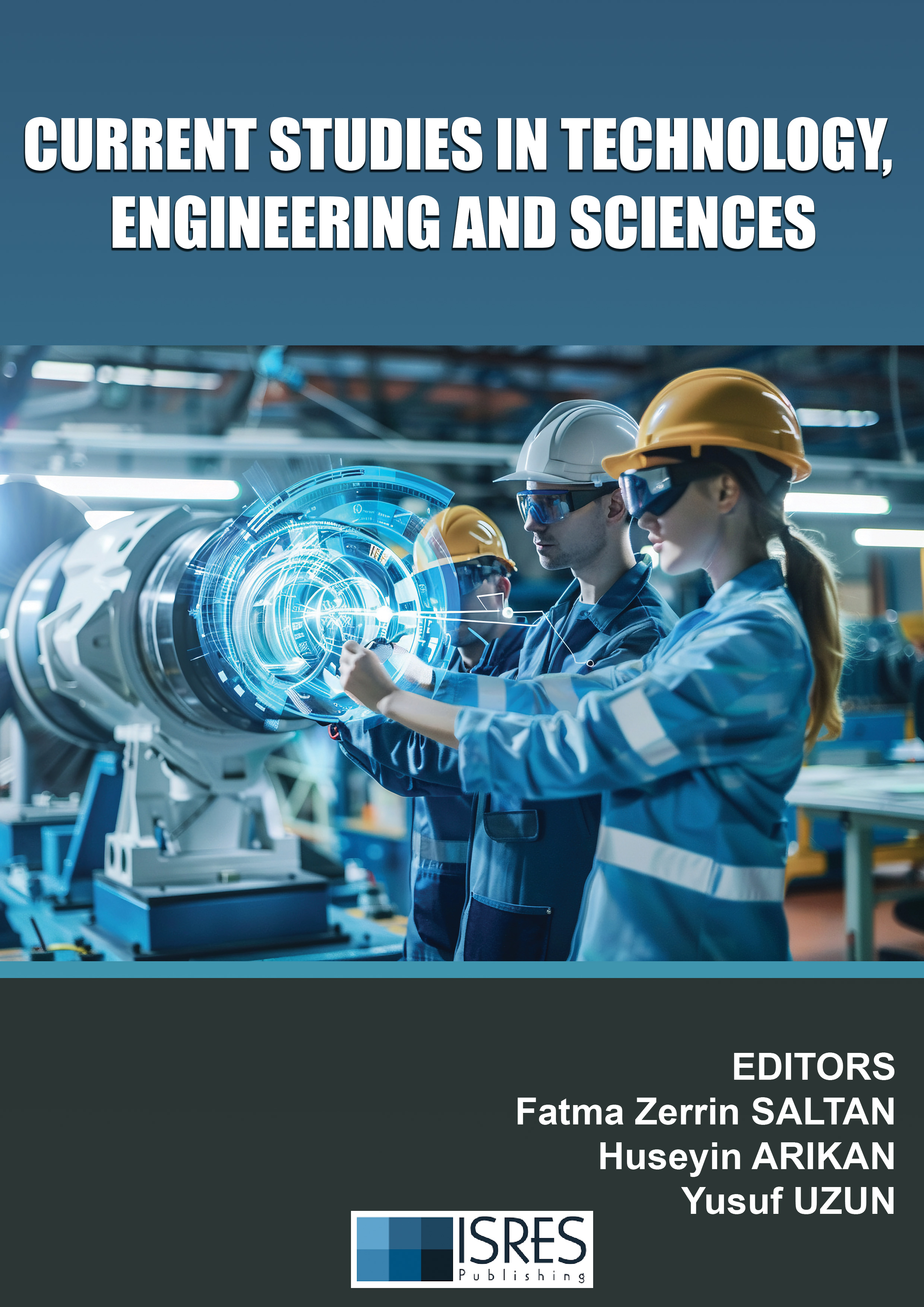

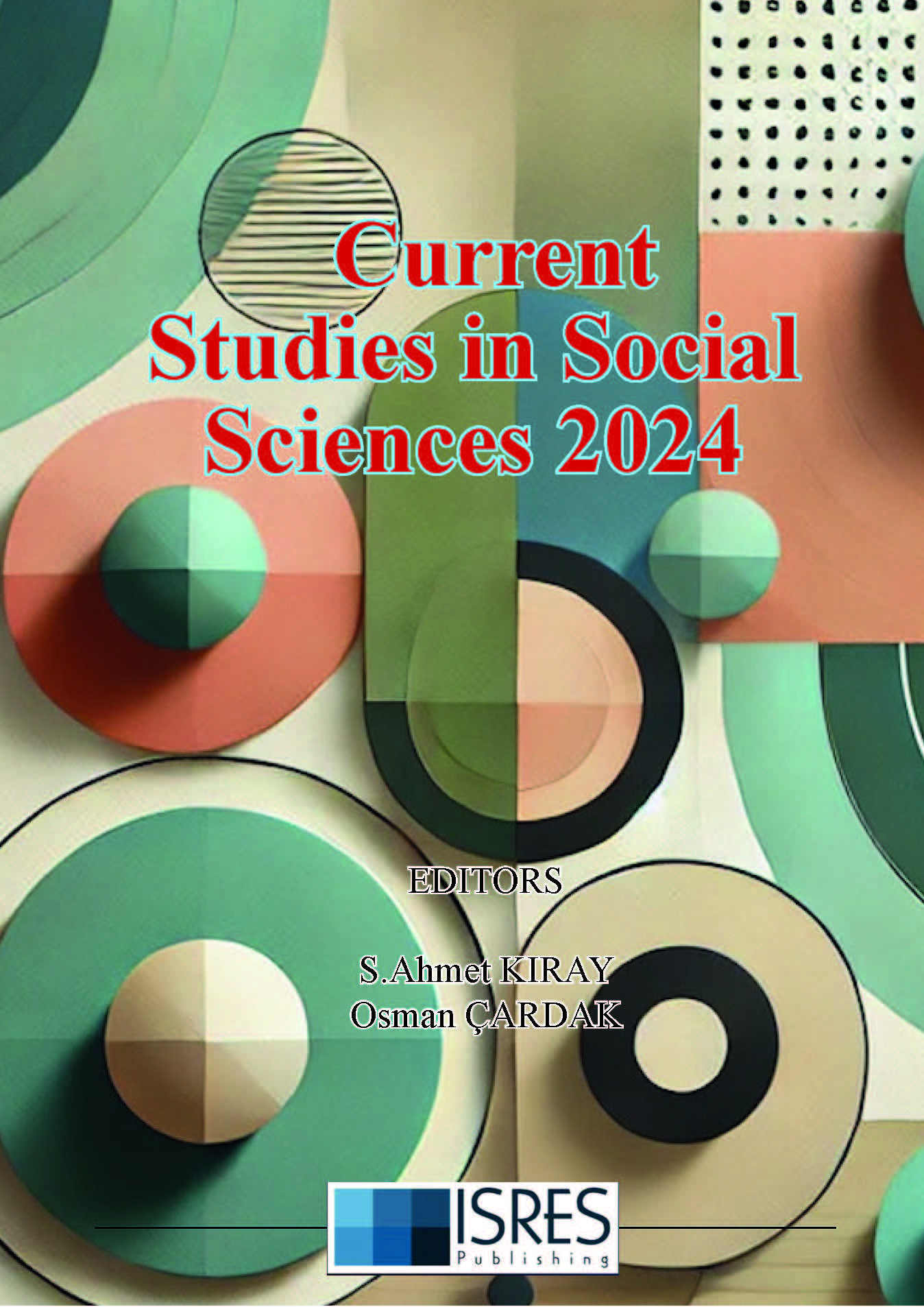
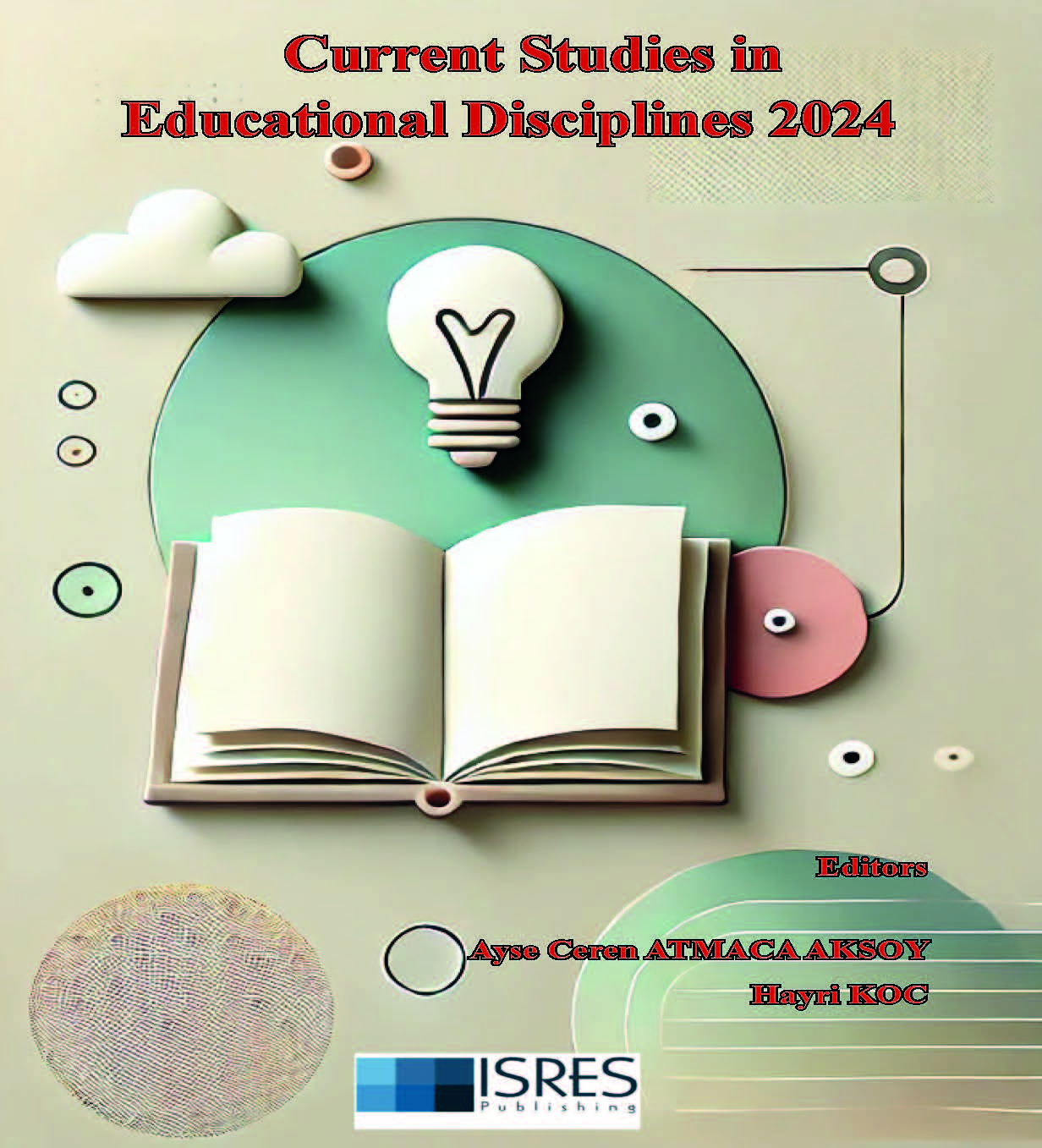
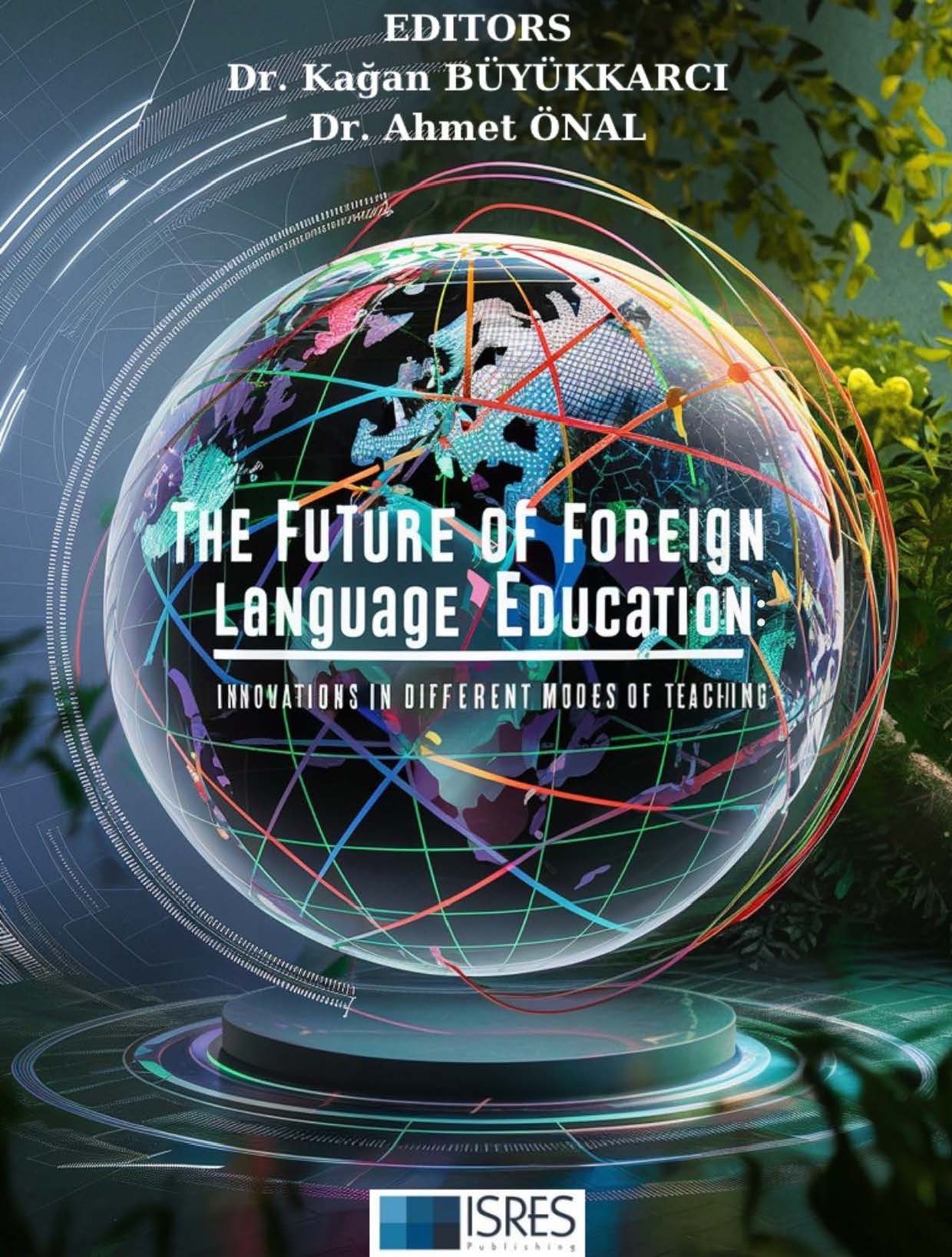
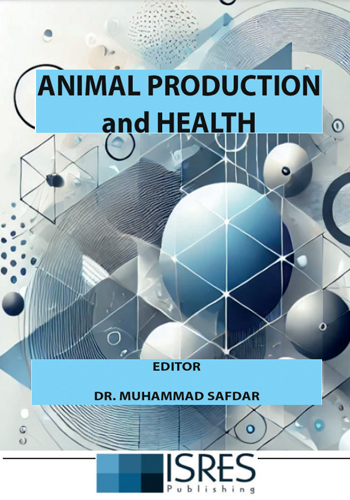
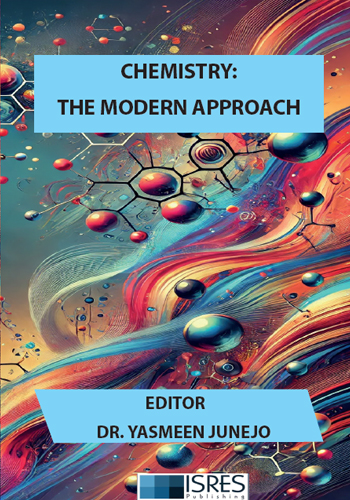
 (1)_16-12-2024.jpg)

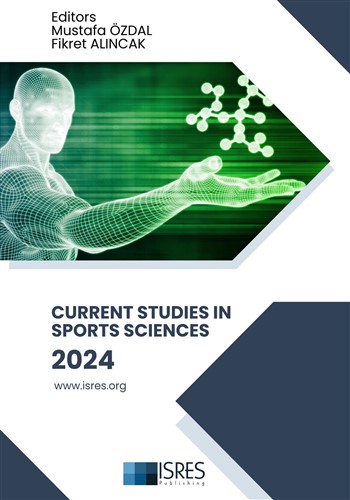
_29-12-2024.jpg)
 (1)_01-01-2025_10-03-2025.jpg)
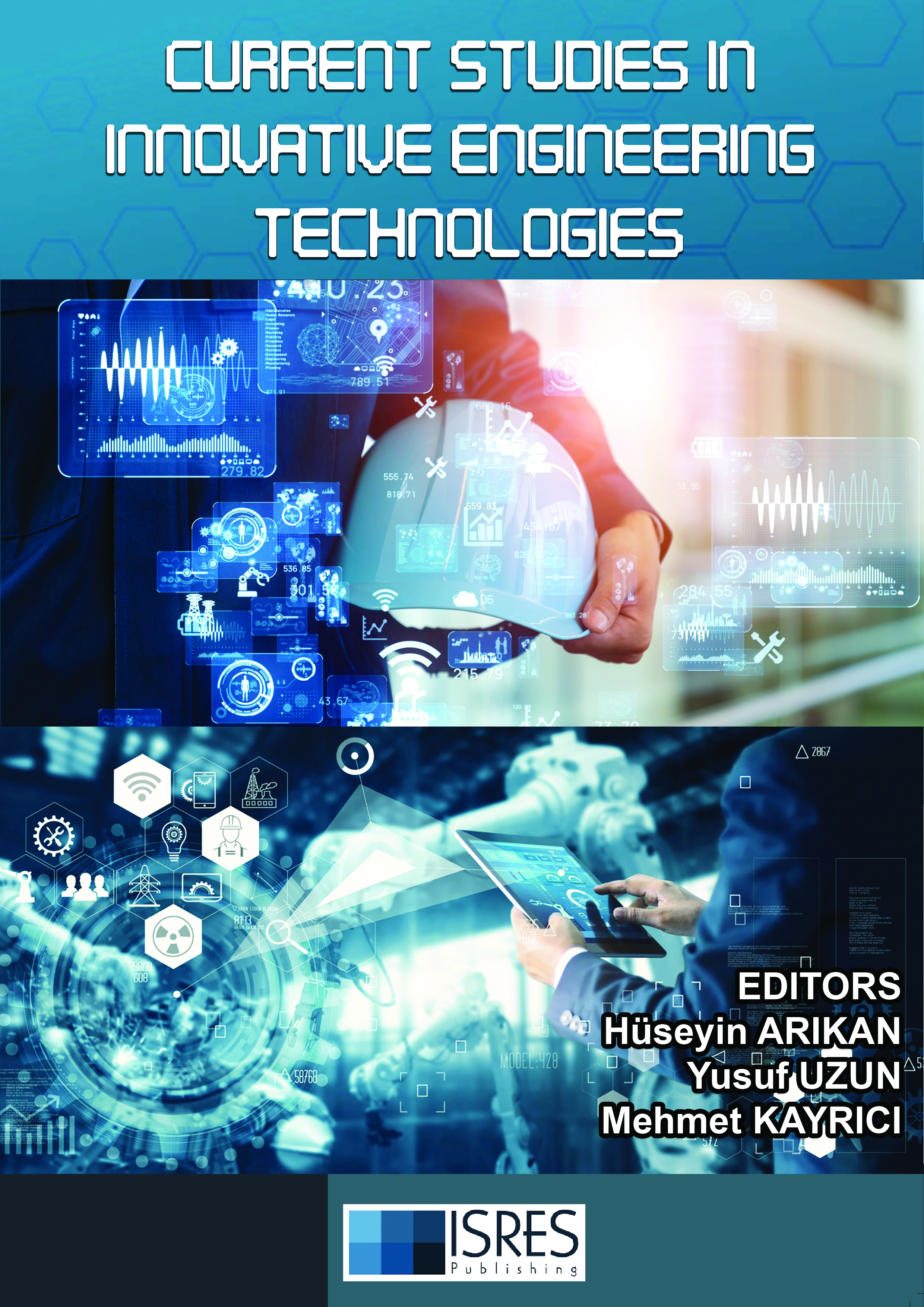
_01-01-2025.jpg)
